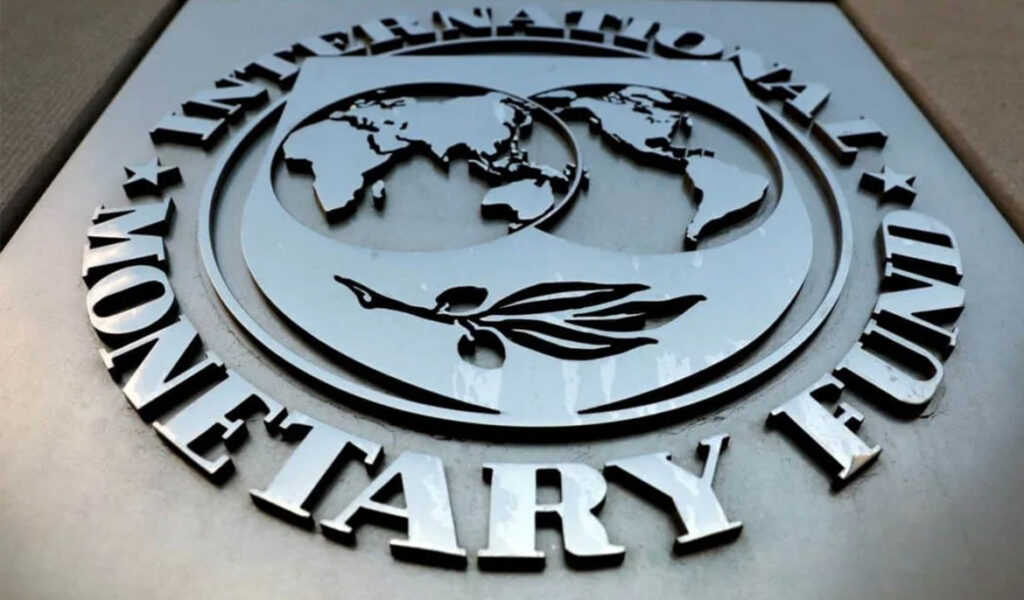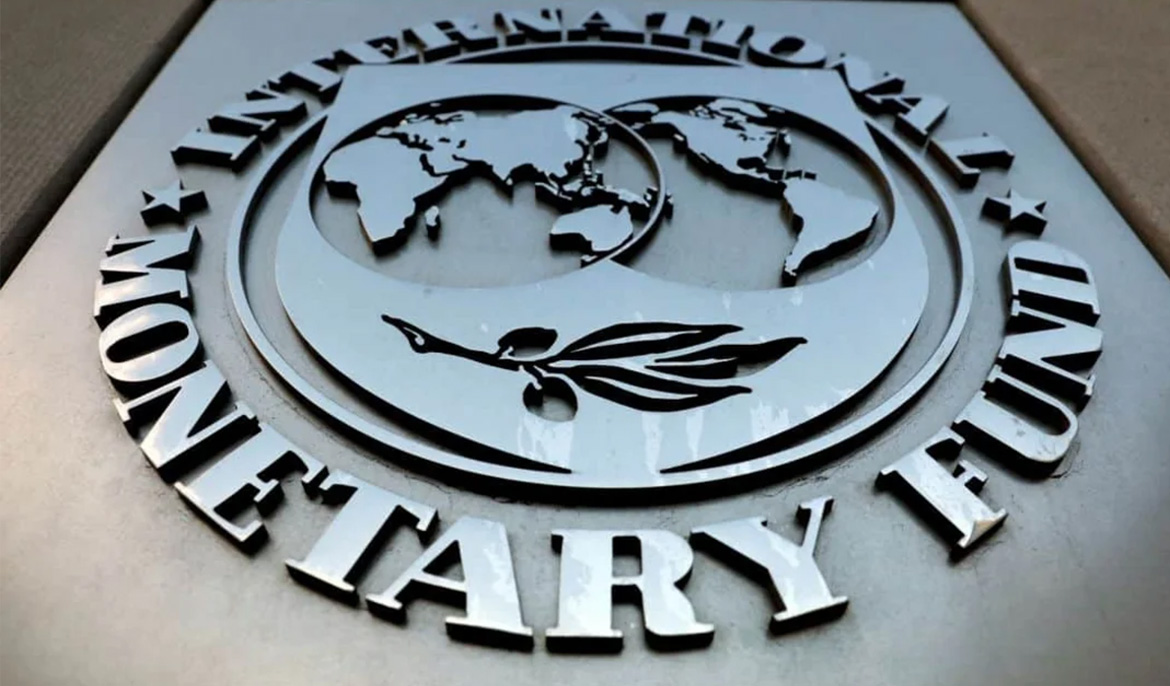The IMF also praised Cyprus’ economic resilience, projecting steady growth in the coming years.
The International Monetary Fund (IMF) on Wednesday praised Cyprus for its strong economic recovery and fiscal discipline, while also recommending continued efforts to reduce public debt and address long-term needs following the latest Article IV consultation with the country.
The executive board approved the assessment conducted by IMF staff who visited Cyprus, emphasising the importance of maintaining substantial primary surpluses and gradually phasing out subsidies.
They also highlighted the need for investments and reforms to sustain growth and tackle challenges such as an ageing population and climate change.
Moreover, the IMF agreed that Cyprus’ fiscal policy for 2024 is appropriate, stressing the necessity to reduce public debt below 60 per cent of GDP.
According to IMF estimates, Cyprus is projected to experience steady economic growth in the coming years, with real GDP expected to range between 2.5 per cent and 3.1 per cent annually from 2023 to 2027.
In 2024, Cyprus’ real GDP is expected to increase slightly to 2.6 per cent compared to 2023, with further increases to 2.8 per cent in 2025, 3 per cent in 2026, and 3.1 per cent in 2027.
Furthermore, the IMF noted that Cyprus quickly recovered from the pandemic and has proven resilient to multiple adverse shocks.
Growth moderated to 2.5 per cent in 2023 but remained strong, above the Eurozone average, supported by continued recovery in tourism, financial services, and expansion in the information and communication technology (ICT) sector, along with strong investments.
General inflation has fallen below 2 per cent, supported by lower energy prices and tighter monetary policy, although core inflation remains more persistent. Inflation is expected to stand at approximately 2 per cent by 2027.
The report also highlighted strong fiscal performance due to robust revenue growth, contributing to significant public debt reduction.
The IMF also reported that the Cypriot banking sector holds substantial capital and liquidity reserves, and despite tight financial conditions, risks appear to have decreased.
Regarding the future economic trajectory, the IMF projects stable growth for Cyprus in 2024, bolstered by rising real incomes, direct foreign investments, and inflows from the EU’s Recovery and Resilience Facility (RRF).
In the medium term, growth is expected to reach 3 per cent, driven by strong investments and structural reforms.
However, potential short-term risks, including declines in major tourism markets, regional conflicts, and delays in RRF implementation, could pose challenges.
In addition, mid-term risks from climate change are offset by the potential for increased foreign investment and talent attraction.
The IMF also stressed the need to reduce public debt and maintain large primary surpluses until debt levels comfortably fall below 60 per cent of GDP.
Recognising significant long-term spending needs due to an ageing population and climate challenges, the executive board underlined the importance of maintaining fiscal space to address these concerns.
Recommended measures include gradually phasing out electricity subsidies and VAT exemptions, avoiding further cost-of-living adjustments to wages, prioritising investments, implementing healthcare sector reforms, and enhancing oversight of semi-governmental organisations.
The IMF also noted the resilience of Cyprus’ banking sector, with high capitalisation and liquidity. While financial sector risks are deemed to have been reduced, the executive board calls for vigilance in monitoring loan renegotiations and systemic risks from the real estate market.
They also urged authorities to allow the recently amended foreclosure framework to operate alongside the ‘rent for instalment’ scheme to expedite the resolution of non-performing loans (NPLs).
Furthermore, the IMF underscored the necessity of structural reforms to diversify Cyprus’ growth model.
They called for further reforms in the justice and labour markets to streamline the business environment and address skill mismatches.
Additionally, they highlighted the importance of strong frameworks to combat money laundering and terrorism financing to mitigate economic, reputational, and regulatory risks.
What is more, they also emphasised that policies promoting domestic savings and business opportunities would help balance the current account while supporting long-term growth.
Regarding Cyprus’ climate goals, the IMF stressed the need for dynamic implementation of energy infrastructure projects and additional measures to achieve targets.
They support the planned green tax reform but recommend implementing targeted sectoral policies for faster reduction of greenhouse gas emissions.
Finally, careful assessment of climate risks and the development of an adaptation strategy were also deemed essential to mitigate the long-term costs of climate change. khmertimeskh



